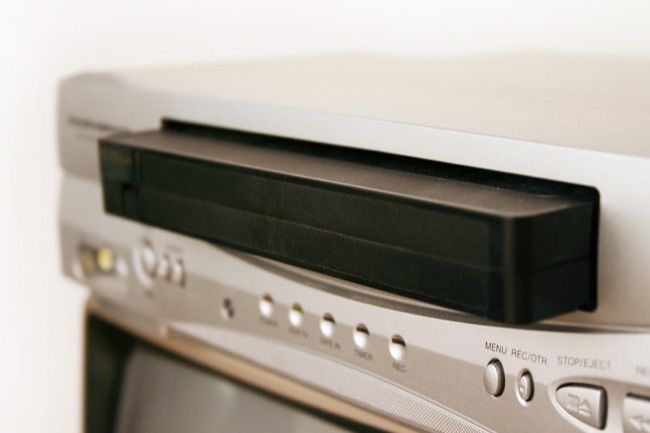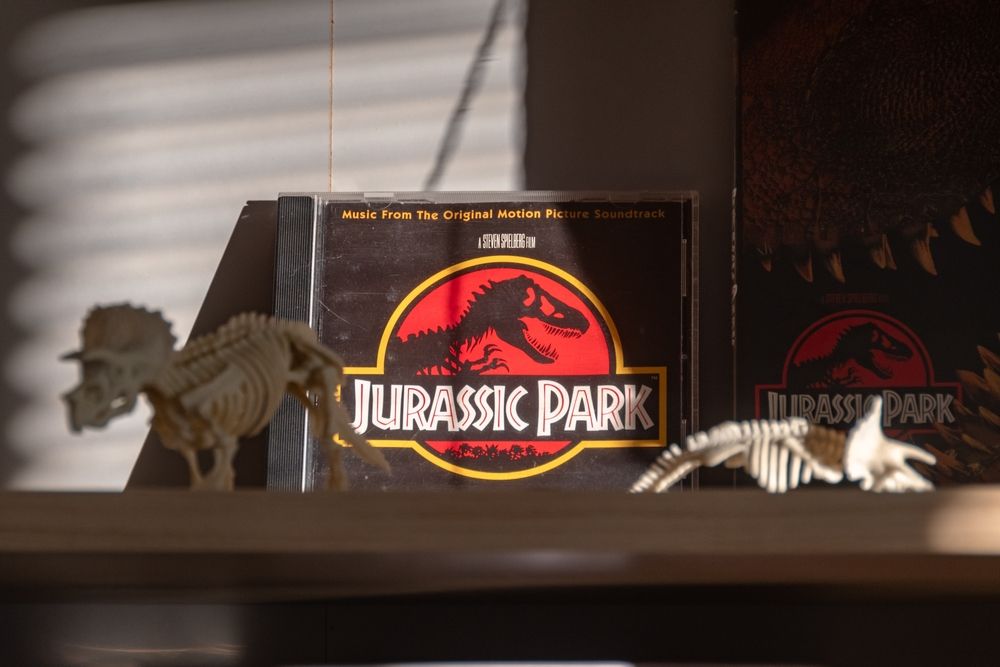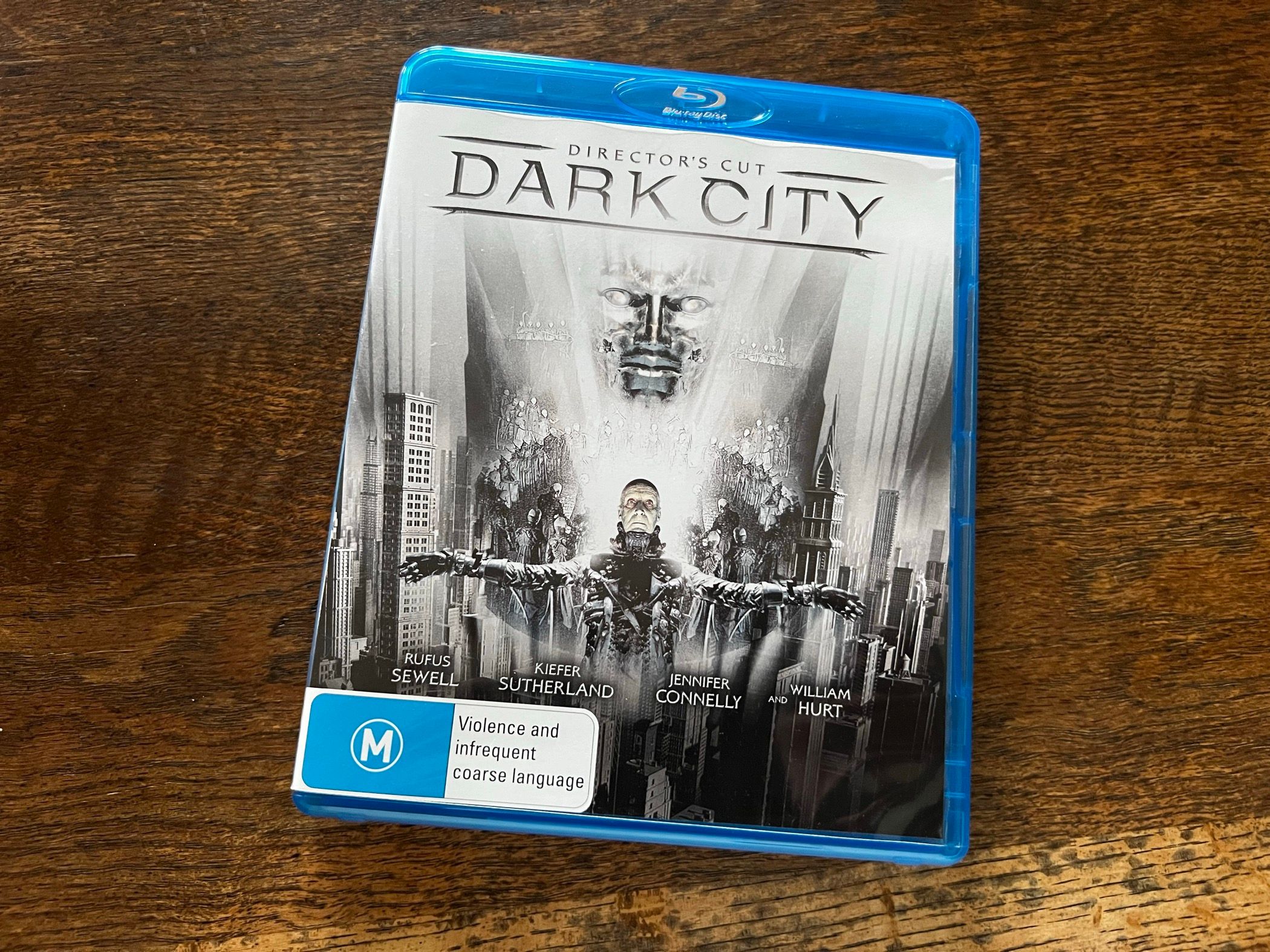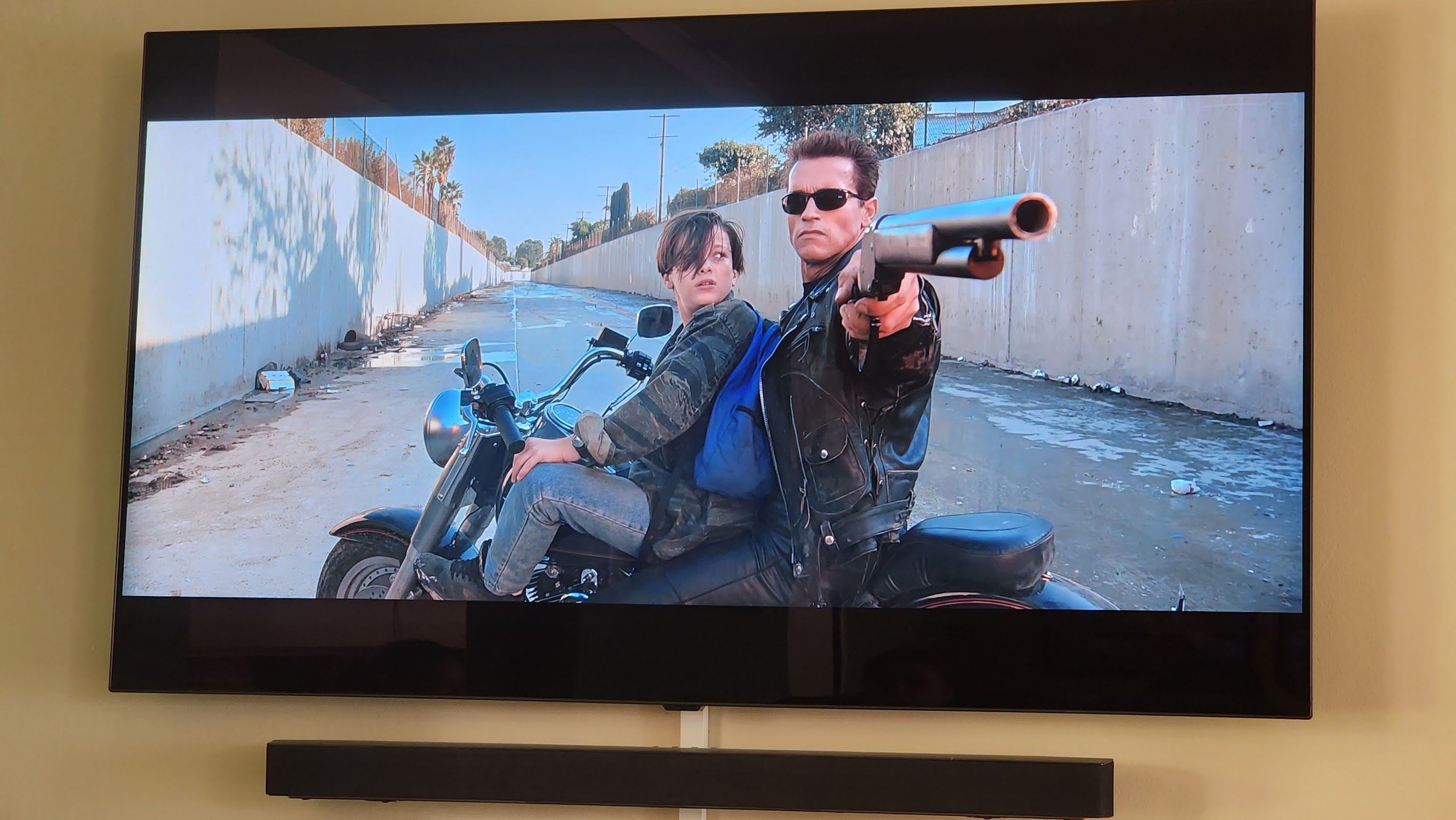I’m a 90s kid, which meant I spent the bulk of my childhood watching the films of the 90s (and older obviously), which admittedly makes me pretty biased when I say that 90s films were pretty special.
Of course, every era of film over the last century or so has some unique flavor to it. However, the 90s were a pivotal time for film where many things were transitioning from long-established traditions and the modern methods of the 2000s and later. This is why I think the movies of the 90s are so special.
10
The Peak of Practical Effects
This is the decade where CG finally became viable for mainstream use in film. Starting with movies like The Abyss and Terminator 2: Judgment Day and rounding the decade off with CG-heavy blockbusters like The Matrix.
However, while these were the early days of CG, it was also the end of decades of practical effects experience. So we got movies like Total Recall, Jurassic Park, and Death Becomes Her with astounding practical effects, with perhaps wonky CGI thrown into the mix in some cases.
Happily, we are now going back to practical effects becoming more common in movies, with the added bonus of mature CG to enhance those in-camera VFX to give us the best of both worlds.
9
The Rise (and Peak) of the VHS Rental Culture
While people were obviously renting movies on VHS in the 80s, VCR ownership peaked by the year 2000 and by 2001 DVD sales surpassed VHS for the first time. In short, the 90s were when VHS rental and VCR ownership were red-hot.
Now, VHS is objectively a terrible format, and since I had been unlucky enough to experience LaserDisc in the 90s, I was painfully aware of this. However, nothing beats heading out to a rental store on a Friday night and browsing the shelves of tapes, looking for something to watch over the weekend.
In particular, the delectable selection of terrible direct-to-video slop of the 90s practically defined this era for me. There was always some sort of combo deal where you could take some cheap and nasty movie along with a new release, and so you’d just look at the covers, read the blurb, and still have no idea what you’re getting into. No internet, and no way to check reviews—it was amazing.
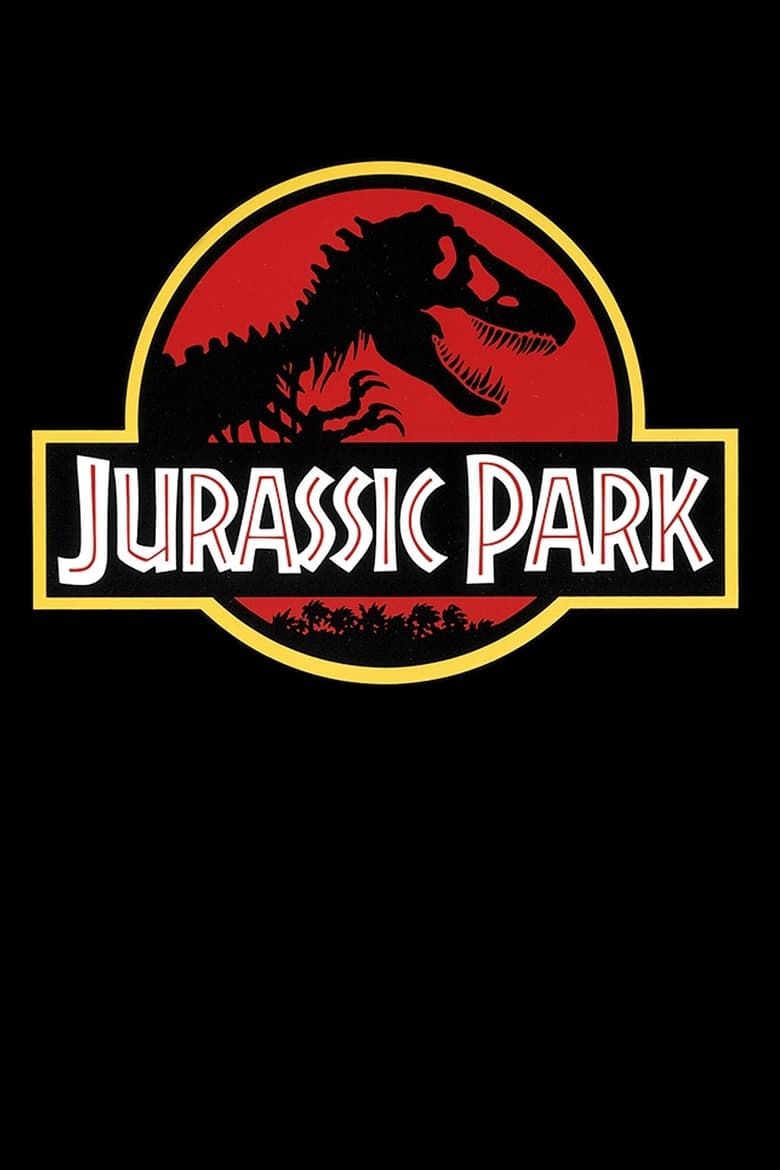
Jurassic Park
- Release Date
-
June 11, 1993
- Runtime
-
127 minutes
- Director
-
Steven Spielberg
-

-

-

-

Richard Attenborough
Hammond
8
Soundtracks That Actually Slapped
I’m not going to downplay how absolutely amazing the music of the 80s was, but there was definitely a change in the air in the 90s when it came to the music scene, and movie soundtracks reflected that. There’s a reason almost every modern movie seems to feature 90s music—just slowed down and sung mournfully by a waif for some reason.
Back then, I had my uncle record the music from the credits of films like The Fifth Element and Men in Black from VHS to casette tape, and I still listen to many 90s movie soundtracks on services like Spotify to this day.
7
Unapologetically Weird Blockbusters
I know we get plenty of “weird” movies and shows these days, but they feel so safe compared to what came out in the 90s. I’m talking weird movies like Strange Days, The Mask, Fear And Loathing in Las Vegas, Pi, Jacob’s Ladder, Dark City and so many more. If you have any issues with existential dread, you probably want to give this decade a skip.
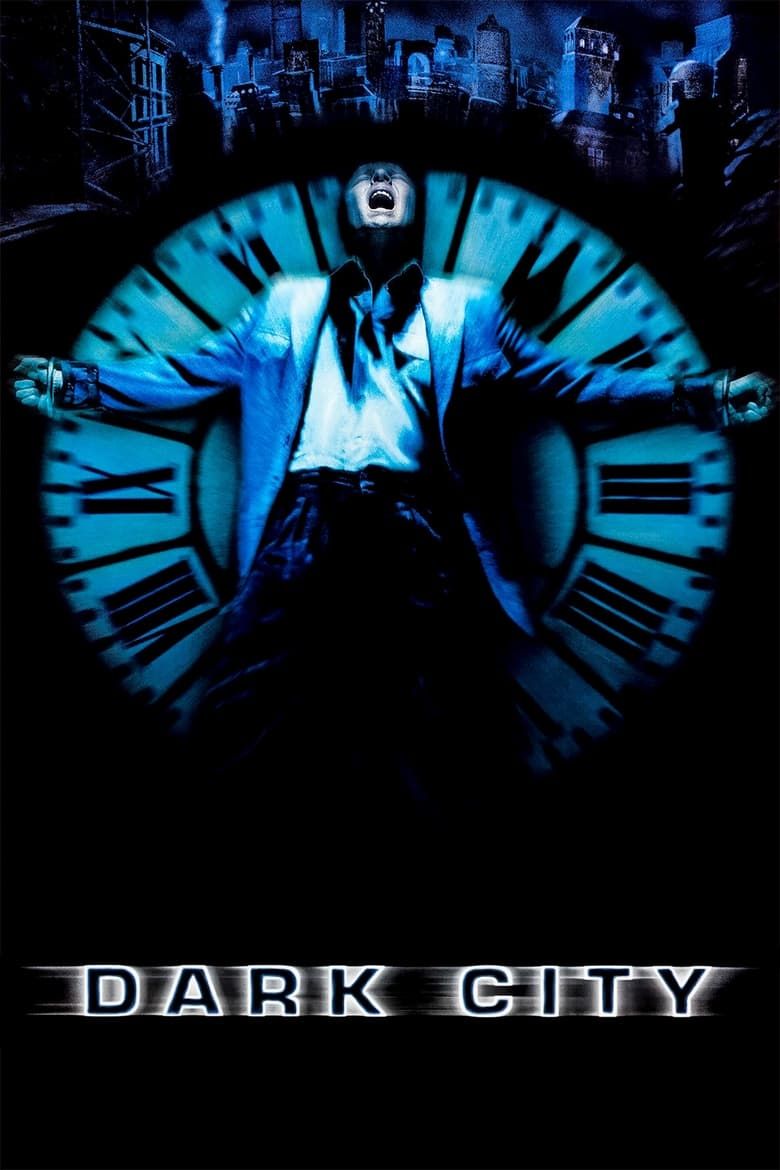
Dark City
- Release Date
-
February 27, 1998
- Runtime
-
100 minutes
- Director
-
Alex Proyas
6
That Grainy, Dream-like Film Look
The 90s were pretty much the beginning of the end for film, and by the 2000s Hollywood was starting to embrace digital recording technology and neat tricks like color-grading made possible by using ones and zeros instead of silver crystals to record light particles.
90s films certainly look distinct from movies that came out in the 80s, whether they shared film as a basis or not. There’s a dream-like quality to these movies that no other era has quite managed to replicate.
5
Movie Stars Actually Mattered
I can’t help but remember the 90s not just as a time of iconic and singular movies, but also as a time driven by the personality of the actors themselves. These days, I don’t think actors play quite as much of a role in a movie’s marketing or personality, but in the 90s names like Stallone, Van Damme, or (believe it or not) Segal would share almost equal movie poster real estate with the actual title of the film.
4
Genre Blending and “Cool’ Aesthetics Were the Norm
It’s a tradition that’s lived on, but the 90s really was a wonderful time for genre-blending and experimentation with tropes that had become stale over the course of the 20th century. We got horror-comedies, action sci-fi, and plenty of other interesting mashups. It was also the peak of that “90s cool” genre, with movies like Blade and The Matrix exemplifying the leather and shades aesthetic.
3
Mid-Budget Blockbusters
While it still happens today, it’s pretty rare for mid-budget films to strike it big, and really is there even still a thing like a mid-budget movie these days? The 90s had plenty of examples of movies that didn’t cost a lot to make, but became huge profitable hits. Now, it seems that studios are spending more money than ever on big-budget films and barely breaking even after marketing and cinema cuts of tickets are taken into account.
In the 90s, we had movies like Pretty Woman, Home Alone, Kindergarden Cop, and, of course, the first movie I ever saw in a cinema—Teenage Mutant Ninja Turtles. Which, for years, was the most profitable indie movie in history. These movies cost modest amounts of money to make, but were amazing works that were rewarded prodigiously.
If you look at our this list from our friensd over at Screen Rant with the highest-grossing movies of the 2010s, those titles probably all individually cost as much to make as the top ten mid-budget 90s movie list combined.
2
Pre-Internet Plot Logic
In the 90s, most people didn’t have a smartphone. They didn’t have home internet access, and there was no rescue drone coming for you. These realities made it easier to write good stories in genres like horror or suspense, which just won’t work anymore in modern times. There’s a reason horror films now tend to be set before all of these convenient technologies made these plots untenable. The only alternative is to find some reason for all of your character’s phones to stop working in the first five minutes of the film.
1
The Trailer Voice Guy
They just don’t make movie trailers like they used to. Not only do modern trailers boldly spoil the entire movie plot, they take themselves way too seriously. Case in point, the “In a world…” movie voice is pretty much gone. Don’t know what I’m talking about, have a listen to one of my favorite trailers of all time—Tomorrow Never Dies.
Now that is how you tease a movie and explain just enough of the plot to make it interesting. I need us to have a dude with an overly dramatic voice anti-ASMR movie details right into my earholes. We’ve definttely left some things behind in the 90s that need to come back!

